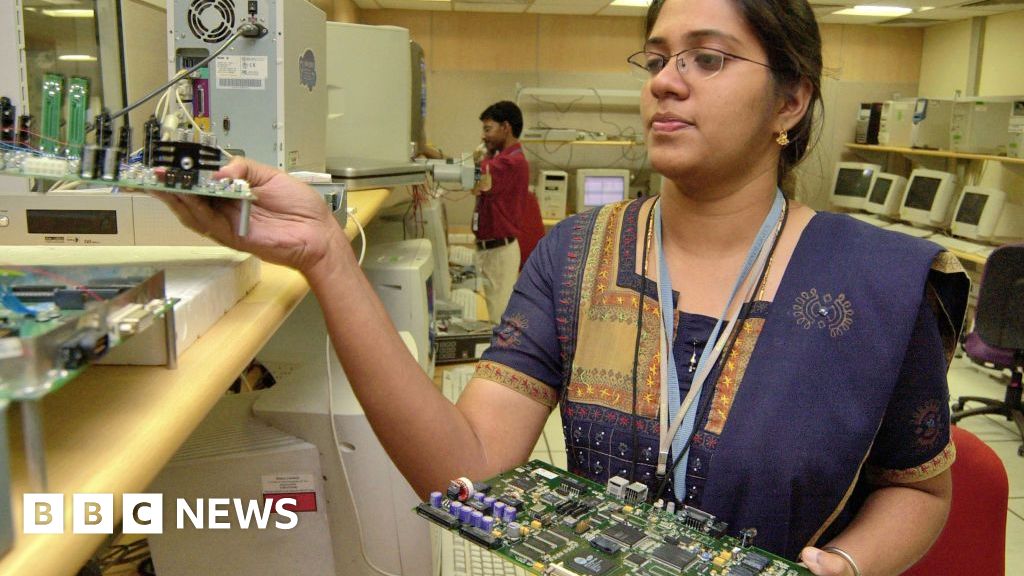
India's Budget 2024: A Comprehensive Look
India's Finance Minister Nirmala Sitharaman presented the coalition government's first budget after a slim election victory on July 23, 2024. The new spending plan focuses on rural development, skilling, jobs and agriculture. Here are the key takeaways from India's Budget 2024 as reported by various sources:
Budget Announcements
India's Finance Minister Nirmala Sitharaman has presented her coalition government's first budget after a slim election victory. The new spending plan focuses on rural development, skilling, jobs and agriculture. Here are the key takeaways from India's Budget 2024 as reported by various sources:
Source 1: BBC News
- India's Finance Minister Nirmala Sitharaman has presented her coalition government's first budget after a slim election victory.
- The new spending plan focuses on rural development, skilling, jobs and agriculture.
- A $24bn jobs plan has been announced to address India's chronic employment challenge.
- First-time job entrants in the formal sector will receive an additional direct cash transfer for their first month's salary up to 15,000 rupees.
- Two more programs have been announced to boost manufacturing jobs through which the government will provide employment-linked incentives to both employees and employers.
- The country's burgeoning start-up ecosystem will benefit from an abolished angel tax levied on capital raised by private companies.
Source 2: BBC India
- India's Prime Minister Narendra Modi's coalition government will present its first federal budget following a narrow election victory.
- Analysts suggest the new government may need to focus more sharply on the rural majority who have not benefitted as much as the wealthy from the country's rapidly growing GDP.
- A jobs crisis in India is driving workers to Israel.
Source 3: Financial Times
- Footballers' union intends to complain to European Commission over Fifa match calendar.
Rural Development and Agriculture The new spending plan focuses on rural development, skilling, jobs and agriculture. The government has announced a $24bn jobs plan to address India's chronic employment challenge. First-time job entrants in the formal sector will receive an additional direct cash transfer for their first month's salary up to 15,000 rupees. Two more programs have been announced to boost manufacturing jobs through which the government will provide employment-linked incentives to both employees and employers.
Manufacturing Jobs The country's burgeoning start-up ecosystem will benefit from an abolished angel tax levied on capital raised by private companies. The government has also poured billions of dollars into state funded infrastructure, building sea bridges and expressways. He has also undertaken tax cuts for big corporations and launched subsidy schemes to incentivise exports-focused manufacturing.
Conclusion India's Budget 2024 focuses on rural development, skilling, jobs and agriculture. The government has announced a $24bn jobs plan to address India's chronic employment challenge. First-time job entrants in the formal sector will receive an additional direct cash transfer for their first month's salary up to 15,000 rupees. Two more programs have been announced to boost manufacturing jobs through which the government will provide employment-linked incentives to both employees and employers. The country's burgeoning start-up ecosystem will benefit from an abolished angel tax levied on capital raised by private companies. The government has also poured billions of dollars into state funded infrastructure, building sea bridges and expressways, undertaken tax cuts for big corporations and launched subsidy schemes to incentivise exports-focused manufacturing.
